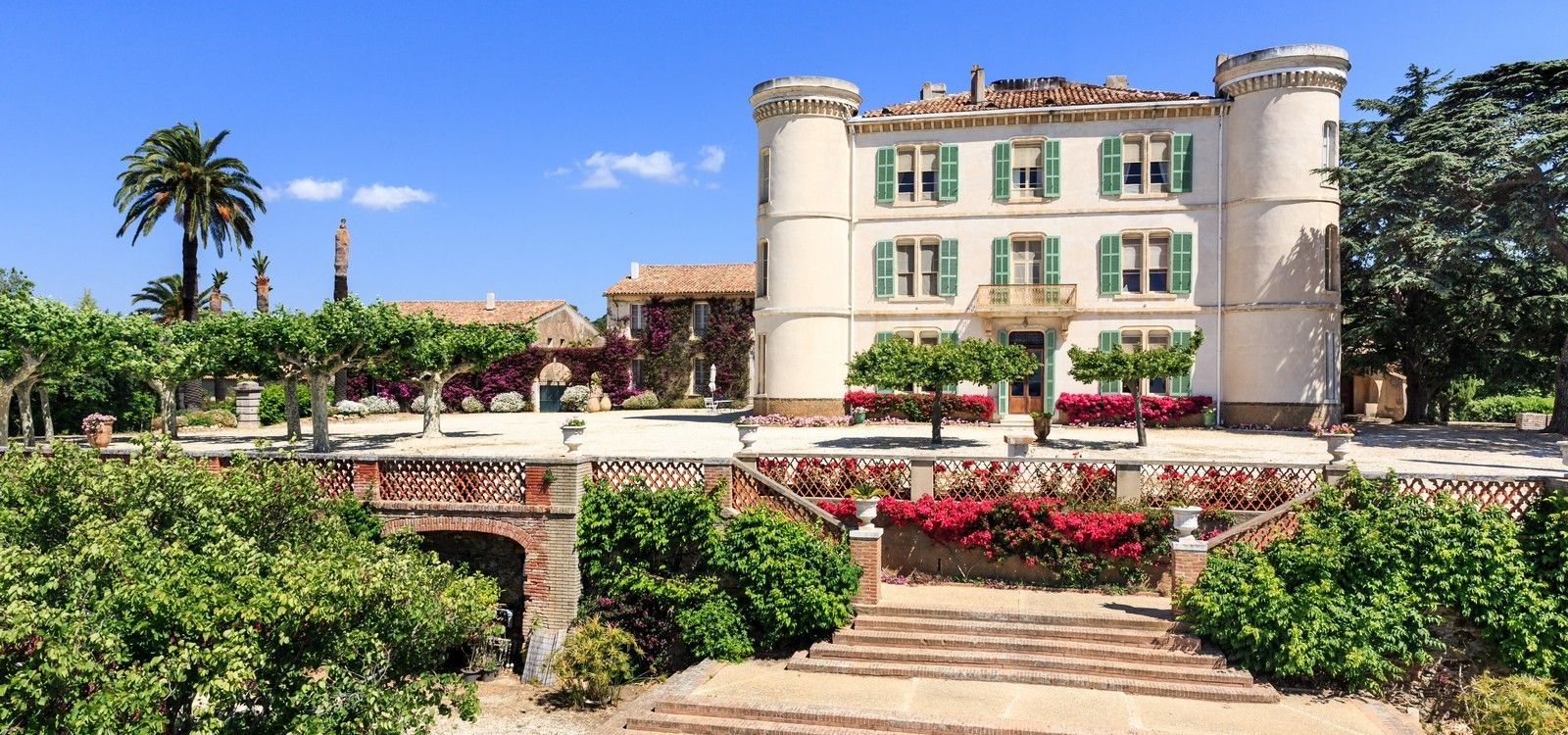Business France is giving wine buyers and sommeliers the chance to explore the latest styles in rosé wine, including Crus Classé, at its latest specialist London tasting featuring eight producers including Château de Bregançon.
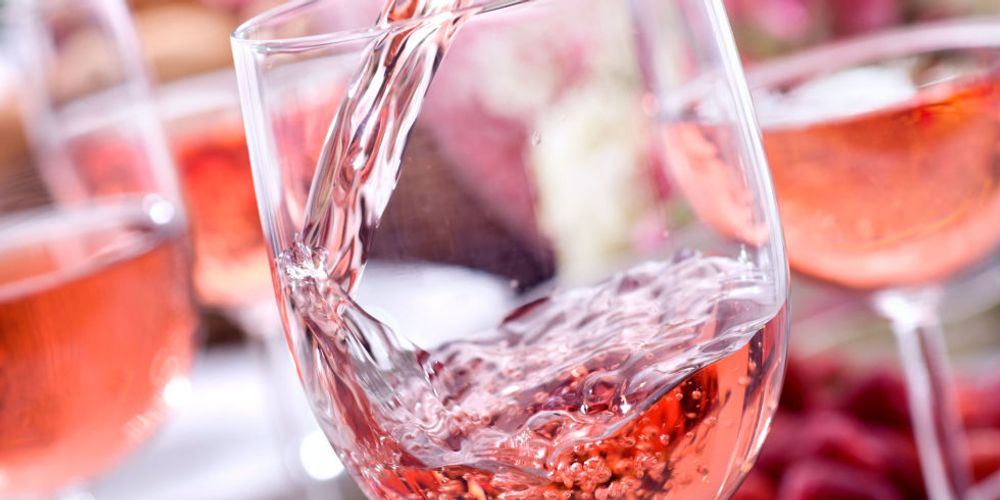
Pretty in pink – rosé is definitely enjoying its moment in the sun
As the temperature inched up to a stifling 34 degrees last June, the Great British public turned not just for the sun cream, but for refreshing bottles of rosé to keep them cool. As a result sales of rosé reached record levels in both the on and off-trade. Asda, for example, reported a 170% increase in sales of French rosé in a single week last June, while Sainsbury’s increased its range by 15% last summer just to keep up with demand, and Majestic saw Provencal rosé sales leap by nearly a third.
But it’s not just the summer months when wine drinkers are stocking up or ordering rosé on a night out. Rosé now accounts for 12% of the total UK wine market, and is expected to boom again as we move into the, hopefully, warm summer months.
What’s particularly attractive about rosé for on-trade wine buyer is the lack of retail strong brands to push prices down. The rosé market is still relatively fresh in the eyes of consumers who are still looking to explore the category and try new styles. If 2017 taught us anything, however, is that when it comes to rosé the paler the better. With Provence style rosé driving the category forward.
So with spring in the air, it’s the ideal time to refresh your list, which makes next week’s Business France trade tasting of French rosé at London Cru particularly timely. It also promises to be focused, tight tasting, featuring only eight producers who will be showing just over 30 wines between them.
To give you and idea of what to expect we caught up with Clémentine Scy, sales manager from one of the exhibiting producers, Château de Bregançon, based in the heart of Provence.
What do you think is the appeal of Provencal rosé?
Provence is the birthplace of rosé, and wines from the region represent not just good value, but quality too. There are no really bad Provencal rosé, thanks to some big improvements in vinification techniques in recent years.
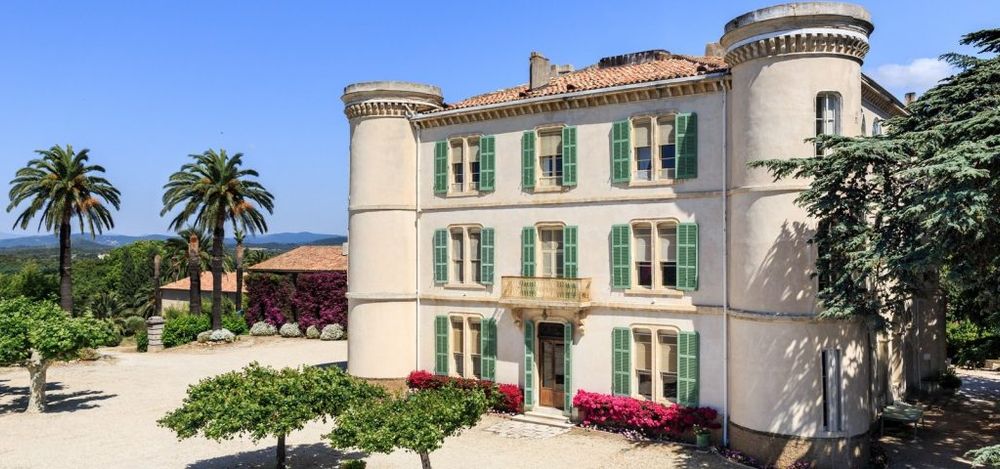
Château de Brégançon, at the heart of Provençal rosé production since the 19th century
What do you think is the common perception of Provencal rosé?
I think there has been a definite change in perception. In the past rosé was simply a fashionable drink, but now people consider rosé to be a real wine, not just a fun beverage to share with friends in the summer. Nowadays people are drinking rosé throughout the year and it is served in some of the most famous chef’s restaurants, and paired with elaborate dishes.
How have your rosé sales been faring in recent years?
Rosé sales are increasing about 3% every year, and we are always looking for new markets to continue this trend.
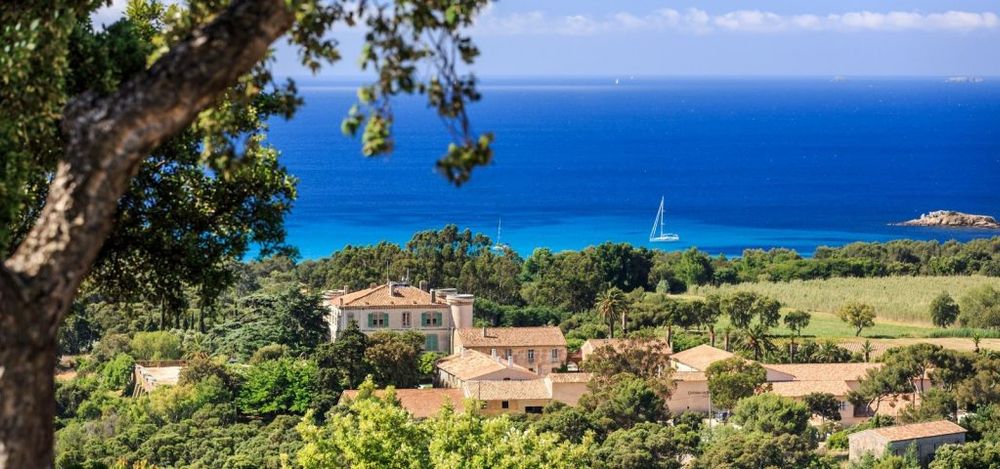
Château de Brégançon’s proximity to the sea adds a touch of minerality to its wines.
How would you describe your style of rose, and what grapes are used in their production?
Our rosé perfectly reflect the terroir from where they are made. Our estate is really close to the sea, and as a result our wines have lots of minerality and freshness. We produce elegant rosés that suit all occasions. There is a rosé for an aperetif, and another which is a perfect match with a meal. Our rosés are mainly made from Cinsault, Grenache and Syrah. They are the three main grapes used for the blends in Côtes de Provence. Our Cuvee Isaure has a bit of Rolle in it, which is a white grape giving lots of complexity and elegance.
How much rosé do you produce in an average year?
We produce around 200,000 bottles, and rosé represents 60% of our total production. Red wine accounts for a further 30% and white for 10%.
What is the 2017 vintage looking like?
“We had a lot of dry weather in 2017, and we also had to deal with huge forest fires meaning we had less volume than previous vintages. But the dryness has given us good quality wines with fine aromas of citrus fruits, well balanced and with a long finish.
And how is 2018 looking so far?
“It’s a bit early to say much about 2018, but the winter has been a bit colder and wetter than previous years, which has helped the vines to regenerate. We are hoping that the rain will help us towards a larger crop this year.
What price points does your rosé sell at?
We have a wide range of rosé, and the first starts at about 4 euros ex cellar, while our top of the range is priced at around 9 euros ex-cellar.
What percentage of your production do you sell domestically, and what are your key export markets?
We currently sell around 90% of our production within France. We only decided to start exporting two years ago, and currently sell to 10 different countries, including Denmark, which is our largest market, Belgium, Luxembourg, the US and Australia. Our exports are growing fast, up by 299% in value each year, and providing us with many opportunities to reach new customers as rose becomes increasingly popular.
How is the UK market faring?
We are only just beginning to develop our UK market, and have a lot of UK customers who visit the cellar during the summer who want to buy our wines when they are back home, so we need to satisfy this demand by finding retailers.
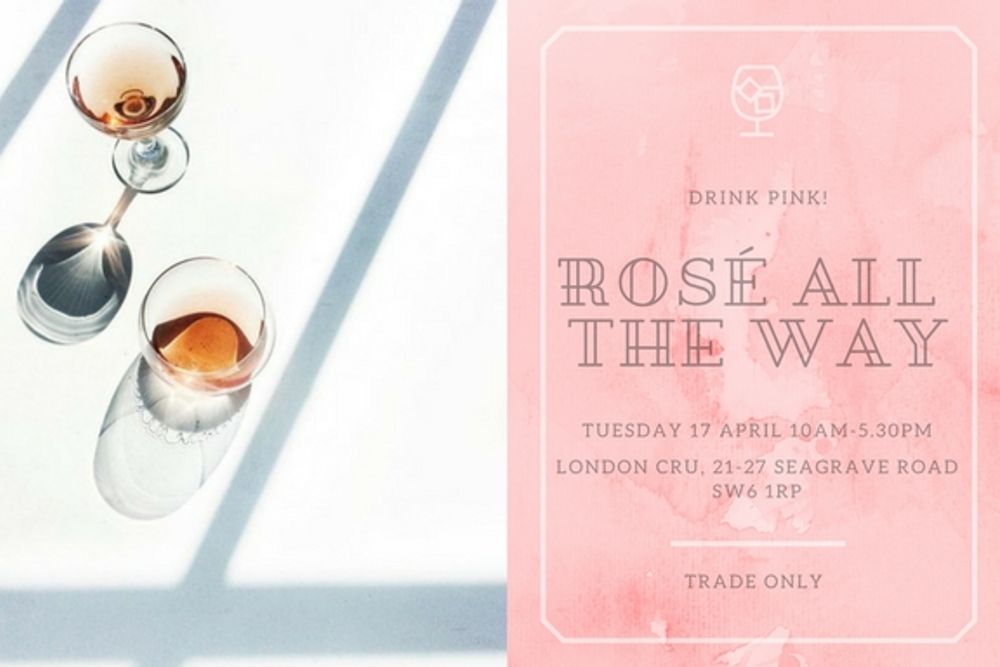
Next week’s trade tasting in London will see eight producers showing over 30 of their rosés
Why are you attending next week’s tasting, and what do you hope to get out of it?
We hope to find new partners who can distribute our wines in the UK. We really want to find long-term partners, with people who share the same value as us and who believe in the work we do.
What does the designation Provence Crus Classés mean, and what do you think consumers understand from it?
Only 14 Provencal wine estates are able to officially designate themselves Crus Classés, which is based on their history, winemaking and reputation, and Château de Brégançon is one of them. I think this reassures consumers of quality.
- To find out more or register for the April 17 tasting then click here.
